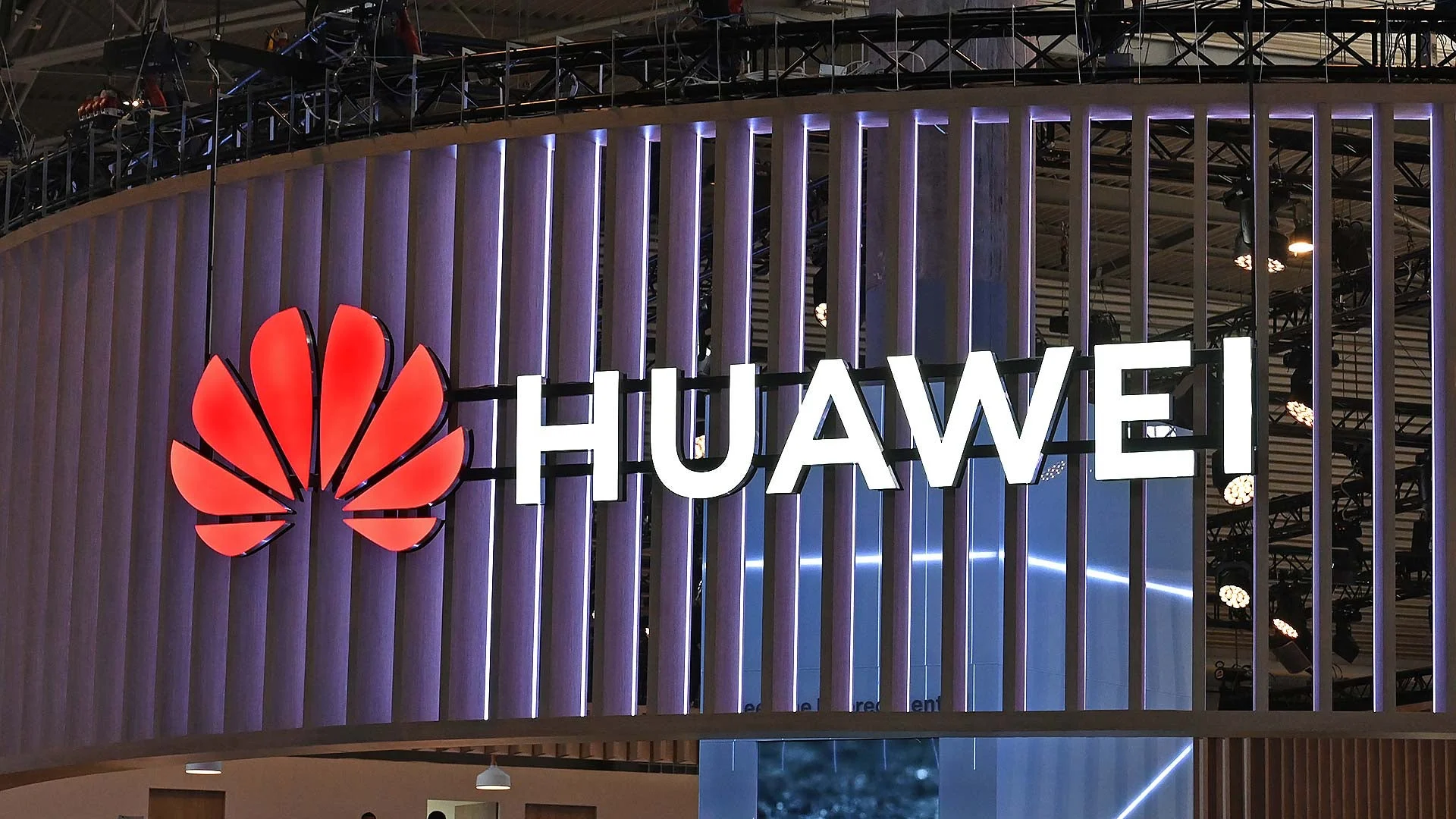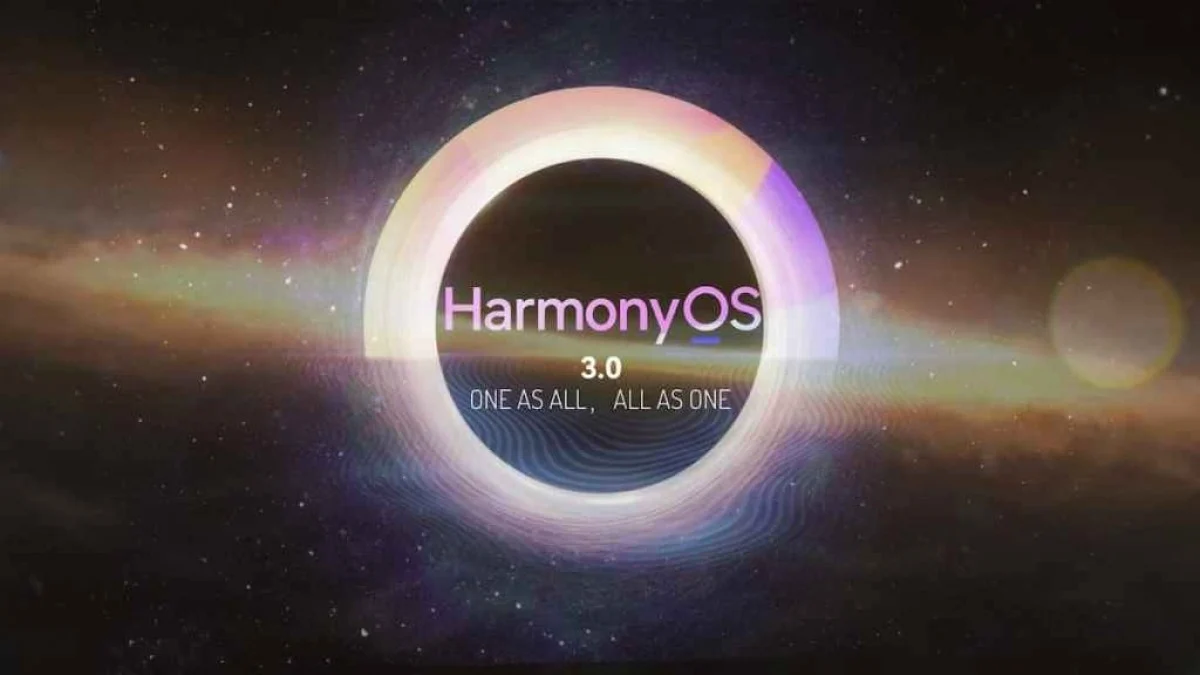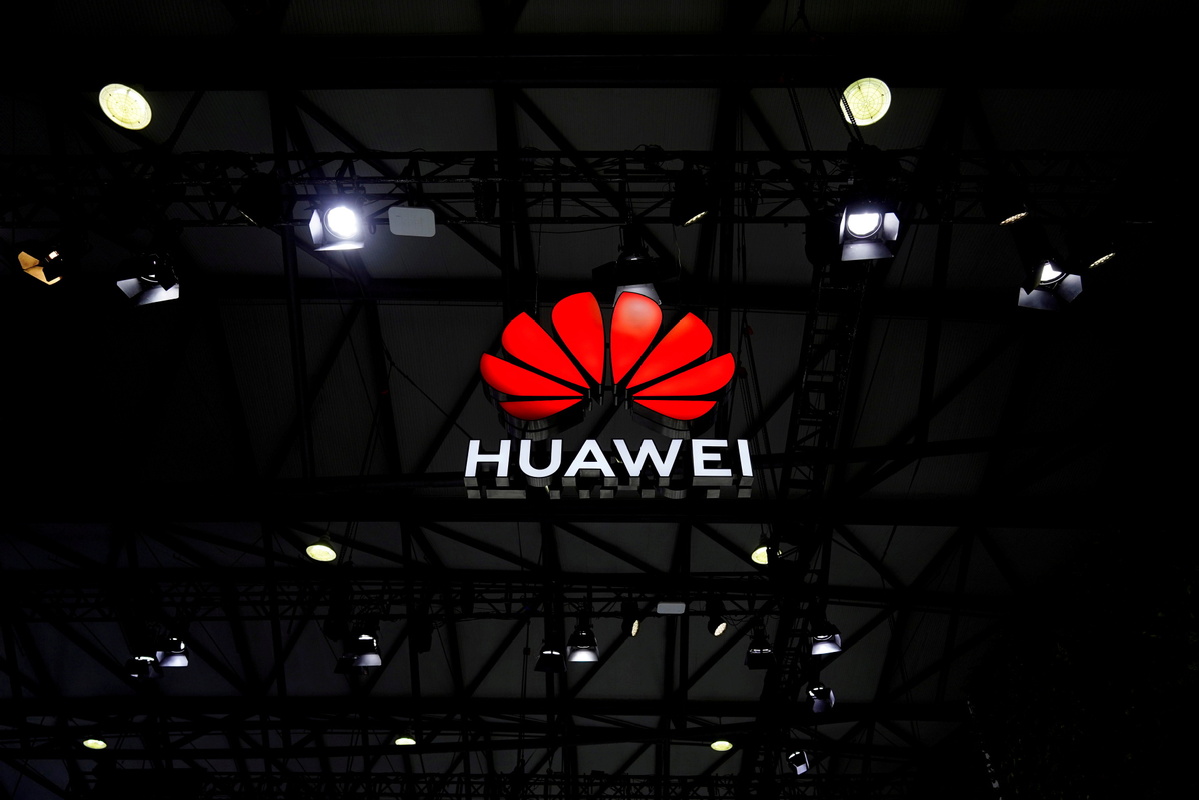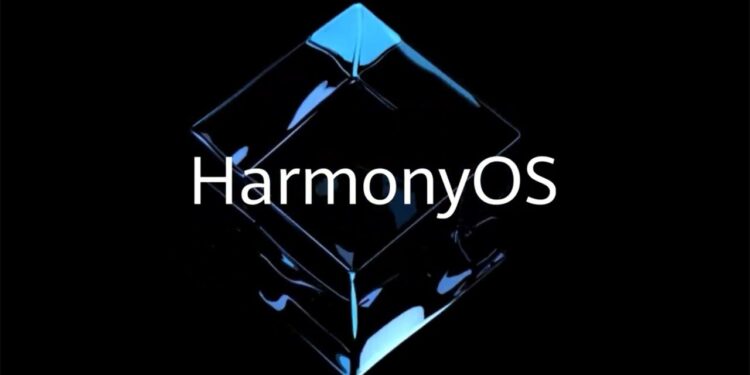In an era where technological sovereignty is becoming increasingly pivotal, Huawei has announced a significant shift in its PC strategy. The Chinese tech titan, known for its innovative consumer electronics, is setting aside Microsoft Windows in favour of its homegrown operating system, HarmonyOS. This decision was highlighted by Yu Chengdong, the chair of Huawei’s consumer business group, during a revealing interview last Friday. Yu emphasized that future Huawei PCs will exclusively run HarmonyOS, starting a new chapter for the company’s hardware lineup.

The Implications of Huawei’s OS Transition
HarmonyOS is not just another operating system; it’s a part of Huawei’s broader ambition to create a unified ecosystem across its devices. Dubbed HarmonyOS Next, this new version boasts an entirely new kernel, designed independently from the Linux framework, and it does not support Android apps. This development suggests a clean break from established software foundations, with Huawei promising enhanced performance and security with its proprietary technology.
While this move might seem like a risk, especially given the limited support from major software names and game developers, it reflects a strategic alignment with Beijing’s push for technological independence. Analysts from Canalys point out that Huawei only commands about ten per cent of China’s 40-million-units-a-year PC market, a figure overshadowed by Lenovo’s dominant 38 per cent share. Thus, the immediate impact on global players like Microsoft might be minimal, but the long-term implications could be far-reaching if national sentiment sways more users and developers towards HarmonyOS.

Broader Tech Developments in Asia
- India’s Regulatory Setbacks: The Bombay High Court recently deemed India’s planned government-run fact-checking unit unconstitutional. This unit, which would have significant content takedown powers, was criticized for potentially enabling censorship under the guise of combating disinformation.
- GoTo’s Cloud Ambitions: Indonesian super app GoTo is expanding its technological infrastructure through a new partnership with Tencent Cloud, following a similar deal with Alibaba Cloud. This collaboration is set to enhance GoTo’s service offerings and strengthen its position in a competitive digital marketplace.
- Singapore’s Security Enhancements: The Monetary Authority of Singapore and the Association of Banks have mandated facial authentication for high-risk scenarios, aiming to bolster security and prevent scams through the government-run Singpass identity service.
- Fukushima’s Datacenter Boom: The Japanese region of Fukushima is experiencing a surge in data centre construction, driven by an abundance of renewable energy sources. This development is not only a testament to the region’s recovery efforts but also positions it as a competitive location for high-tech infrastructure.
- Mongolia’s Digital Leap: Mongolia has made significant strides in its digital transformation, as evidenced by its impressive climb in the United Nations E-Government Survey rankings. This success is attributed to expanded internet access and enhanced digital services for its citizens.

Huawei’s decision to pivot to HarmonyOS underscores a growing trend of tech companies striving for autonomy in their software ecosystems. This move, while ambitious, is indicative of the broader shifts in the global tech landscape where companies and countries alike seek greater control over their technological destinies. As the digital age progresses, the balance between collaboration and independence becomes ever more crucial in shaping the future of global technology dynamics.










